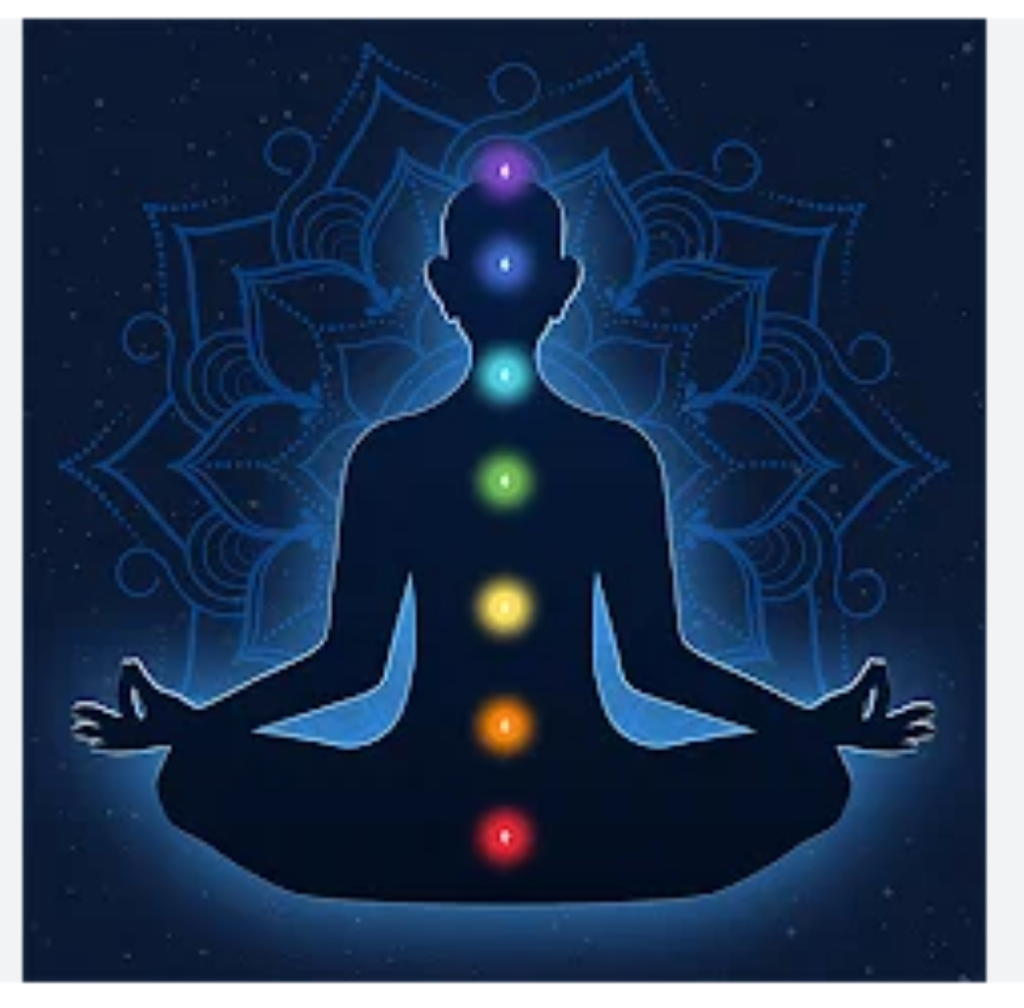
**Introduction**
In our fast-paced world, finding moments of peace can feel like a distant dream. Meditation offers a simple yet profound practice that can help us achieve mental clarity, emotional stability, and a deeper connection to ourselves. In this blog, we will explore the art of meditation, its benefits, and how to integrate it into your daily life.
**What is Meditation?**
Meditation is an ancient practice that involves focusing the mind and eliminating distractions to promote relaxation, self-awareness, and concentration. While it can take many forms—such as mindfulness, loving-kindness, or transcendental meditation—the core purpose remains the same: to cultivate a state of inner calm and clarity.
**Benefits of Meditation**
- **Reduces Stress and Anxiety**: Regular practice can lower levels of cortisol, the stress hormone, leading to improved emotional well-being.
- **Enhances Focus and Concentration**: A few minutes of meditation can sharpen your focus and increase productivity in daily tasks.
- **Improves Emotional Health**: Meditation can foster a more positive outlook on life and improve your mood by promoting feelings of empathy and compassion.
- **Promotes Self-Awareness**: It encourages you to develop a better understanding of your thoughts and emotions, leading to personal growth and self-acceptance.
- **Supports Physical Health**: Studies suggest that meditation can reduce blood pressure, alleviate insomnia, and boost the immune system.
**Different Types of Meditation**
– **Mindfulness Meditation**: Involves being fully present in the moment and observing thoughts and feelings without judgment.
– **Guided Meditation**: Led by a teacher or via recordings, this approach often involves visualization or focusing on a particular theme.
– **Loving-Kindness Meditation**: Cultivates feelings of love and compassion toward oneself and others.
– **Transcendental Meditation**: A technique that involves the silent repetition of a mantra to settle the mind into quietness.
** How to Get Started with Meditation**
- **Choose a Quiet Space**: Find a comfortable spot where you won’t be disturbed. This could be a corner of your home, a park, or even your office during lunch.
- **Set a Time Limit**: If you’re just beginning, start with just 5-10 minutes. You can gradually increase the duration as you become more comfortable.
- **Sit Comfortably**: Find a position that feels right for you—whether it’s sitting cross-legged on the floor, in a chair, or even lying down.
- **Focus on Your Breath**: Take deep, calming breaths. Focus on the sensation of inhaling and exhaling. If your mind wanders, gently bring it back to your breath.
- **Be Patient with Yourself**: Meditation is a skill that takes time to learn. Don’t judge your experience; simply notice your thoughts and feelings as they arise.
**Tips for a Successful Meditation Practice**
– **Practice Regularly**: Consistency is key. Aim to meditate daily, even if it’s only for a few minutes.
– **Use Resources**: Consider guided meditation apps like Headspace, Calm, or Insight Timer to help you stay on track.
– **Create a Ritual**: Setting a specific time and place for meditation can help reinforce the habit.
– **Join a Community**: Consider joining a local meditation group or attending workshops to connect with others and learn different techniques.
**Techniques**
- **Posture**:Asanas or body postures such as padmasana (full-lotus, half-lotus), cross-legged sitting, seiza, and kneeling positions are popular meditative postures in Hinduism, Buddhism and Jainism, although other postures such as sitting, supine (lying), and standing are also used. Meditation is also sometimes done while walking, known as kinhin, while doing a simple task mindfully, known as samu, or while lying down, known as shavasana.
- **Frequency**: The Transcendental Meditation technique recommends practice of 20 minutes twice per day. Some techniques suggest less time, especially when starting meditation, and Richard Davidson has quoted research saying benefits can be achieved with a practice of only 8 minutes per day. Research shows improvement in meditation time with simple oral and video training. Some meditators practice for much longer, particularly when on a course or retreat. Some meditators find practice best in the hours before dawn.
**Conclusion**
Meditation is a transformative practice that can enrich your life in countless ways. By committing to even a few minutes each day, you can cultivate a deeper sense of peace, enhance your emotional health, and improve your overall well-being. Embrace the journey of meditation, and discover the stillness and clarity waiting within you.